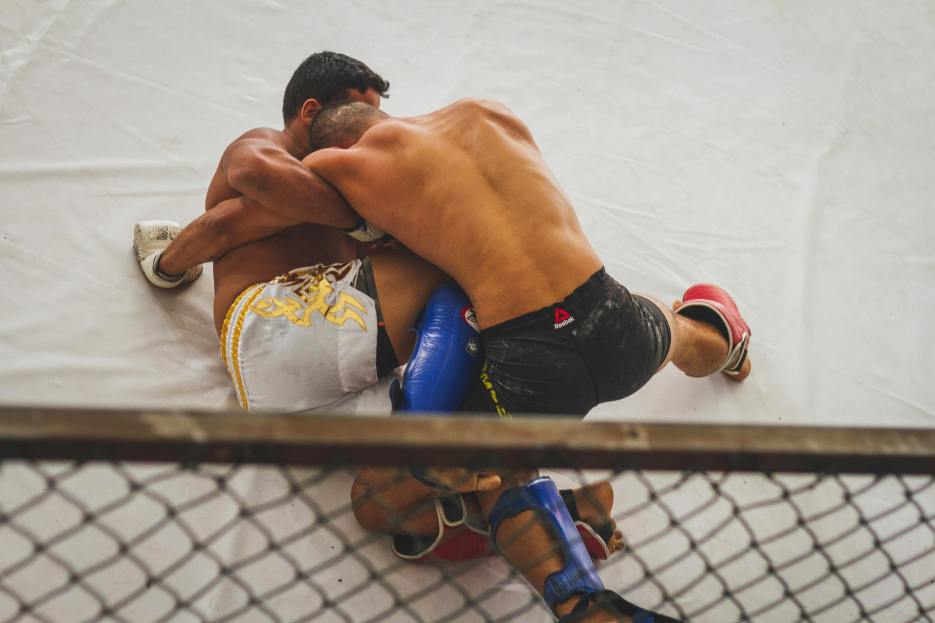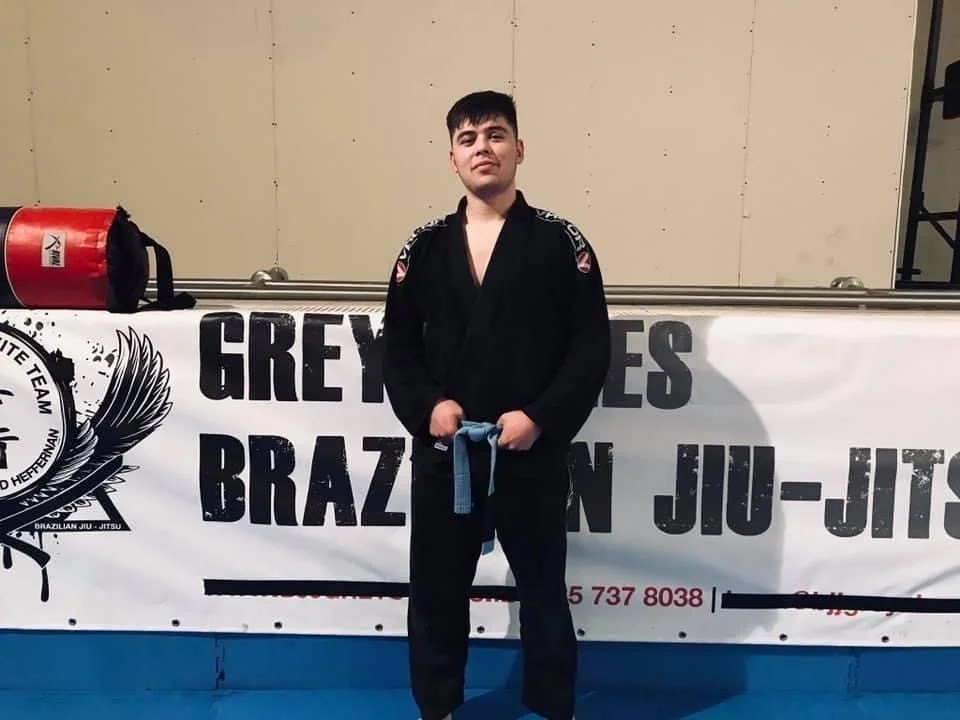Why Brazilian Jiu-Jitsu is Beneficial for the Body

Here are some reasons why Brazilian Jiu-Jitsu is beneficial for both your self-defence and your body
Origins of Brazilian Jiu-Jitsu
Known as the “gentle art”, Brazilian Jiu-Jitsu (BJJ) is one of the world’s most effective and fastest-growing sports. BJJ originates from Japan, where samurai warriors used this martial art (back then called Ju-Jitsu) if they found themselves in an unarmed battle against enemies. Ju-Jitsu transitioned into the martial art commonly known as Judo, in the early 1880s, which focuses on throws and takedowns.
A student of Jigoro Kano (founder of Judo) found himself travelling to Brazil, where he introduced Judo to Brazilian students. Mitsuo Maeda began teaching Judo to a Brazilian family known as the Gracie family. One of Maeda’s students, Helio Gracie, decided to adopt some techniques used in Judo into his martial art (now known as Brazilian Jiu-Jitsu), mainly techniques that focused more on locks, sweeps and chokes. Methods of the sport were constantly adjusted and adapted.

Royce Gracie (son of Helio Gracie) entered a fighting contest known as the Ultimate Fighting Championship (UFC). Royce showed the world the effectiveness of BJJ against bigger and stronger opponents by winning the tournament’s first event. The popularity of the sport increased rapidly. BJJ became a crucial factor in the mixed martial arts (MMA) game.
Personal Experience
Having started Brazilian Jiu-Jitsu in 2015, I’ve never felt this excited about any other sport before. It wasn’t just because I knew BJJ played a role in the UFC, but the excitement and adrenaline you got from rolling are what made me addicted to Jiu-Jitsu. I am currently a Jiu-Jitsu blue belt under Professor David Heffernan.
I’ve been training for a very long time, and I see people drop out of the sport within days of starting. The first piece of advice I would give a beginner is to not give up so easily at the start. I know it can be very intimidating at first, but the coaches and other students are there to help you through the journey. You will learn so many techniques and methods to improve your ground game, but you will also learn discipline, respect and self-defence. It is definitely worth the time and investment.

Full Body Workout
Brazilian Jiu-Jitsu works all the muscles in your body when you step on the mats. All the techniques you learn, sparring that you do, and exercises you participate in lead to an intense workout. The good part is that you don’t even realise you’re burning calories because the sport is so fun. BJJ coaches are there to moderate the intensity students work at during training.
They make sure that people are not overworked but that a good amount of work is being done. Not only will you begin to feel confident in sparring and rolling against other students, but you will also begin to see better results in losing weight after a couple of weeks of practising Jiu-Jitsu. Most Jiu-Jitsu classes consist of a slow warm-up to loosen up the muscles, techniques such as locks, sweeps, chokes, takedowns, throws, and positioning, and sparring (rolling).
Rolling is what you will burn most calories on. You will partner up with another student (usually of the same skill level), and practise all the techniques you learned in class against the other student. Beginners will usually take it very slow when rolling. As you begin to gain more experience, you will progress to pick up the intensity and start working harder during rolling. At the end of rolling, shaking hands (or fist bumping) and bowing is a sign of respect and is encouraged in every Jiu-Jitsu class.
Strength Conditioning
Why lift weights when you have a BJJ nearby? Jiu-Jitsu involves lifting a lot of bodyweight, strengthening your grips (training with Gi) and taking down opponents. Strength is not essential when training Jiu-Jitsu. Technique and patience are the crucial aspects of Jiu-Jitsu. Strength can come in handy when you have good technique and have a lot of patience. Jiu-Jitsu is like a game of chess.
You have to have good timing and seek an opportunity when your opponent has made a mistake. When training Jiu-Jitsu, you will start to realise that you are becoming stronger physically and mentally. You will start gaining muscle mass, and you will be less likely to develop any injuries the more you train. A lot of elite BJJ athletes, who compete at the highest level, lift weights as well as practise Jiu-Jitsu daily.
Flexibility
Once you begin your BJJ journey, you will feel sore and tired for several days, but don’t worry. It’s a good thing. Flexibility is one of the benefits you will get out of Jiu-Jitsu. In training, you will be exposed to positions that you’re not used to in everyday life. These positions can be very uncomfortable at first, but over time you will get used to them. You will start feeling more flexible, and you won’t be getting pains all over your body. Your muscles will become looser with the right amount of warm-up, and your hips and shoulder won’t feel as tight.
Jiu-Jitsu is a must-try sport. There is no doubt that BJJ is a fun-filled and exciting sport from which you will benefit hugely. If you have ever been interested in starting up a martial art, you should try Brazilian Jiu-Jitsu. You won’t regret it.
Let us know down below what your experience was like from training Brazilian Jiu-Jitsu.
